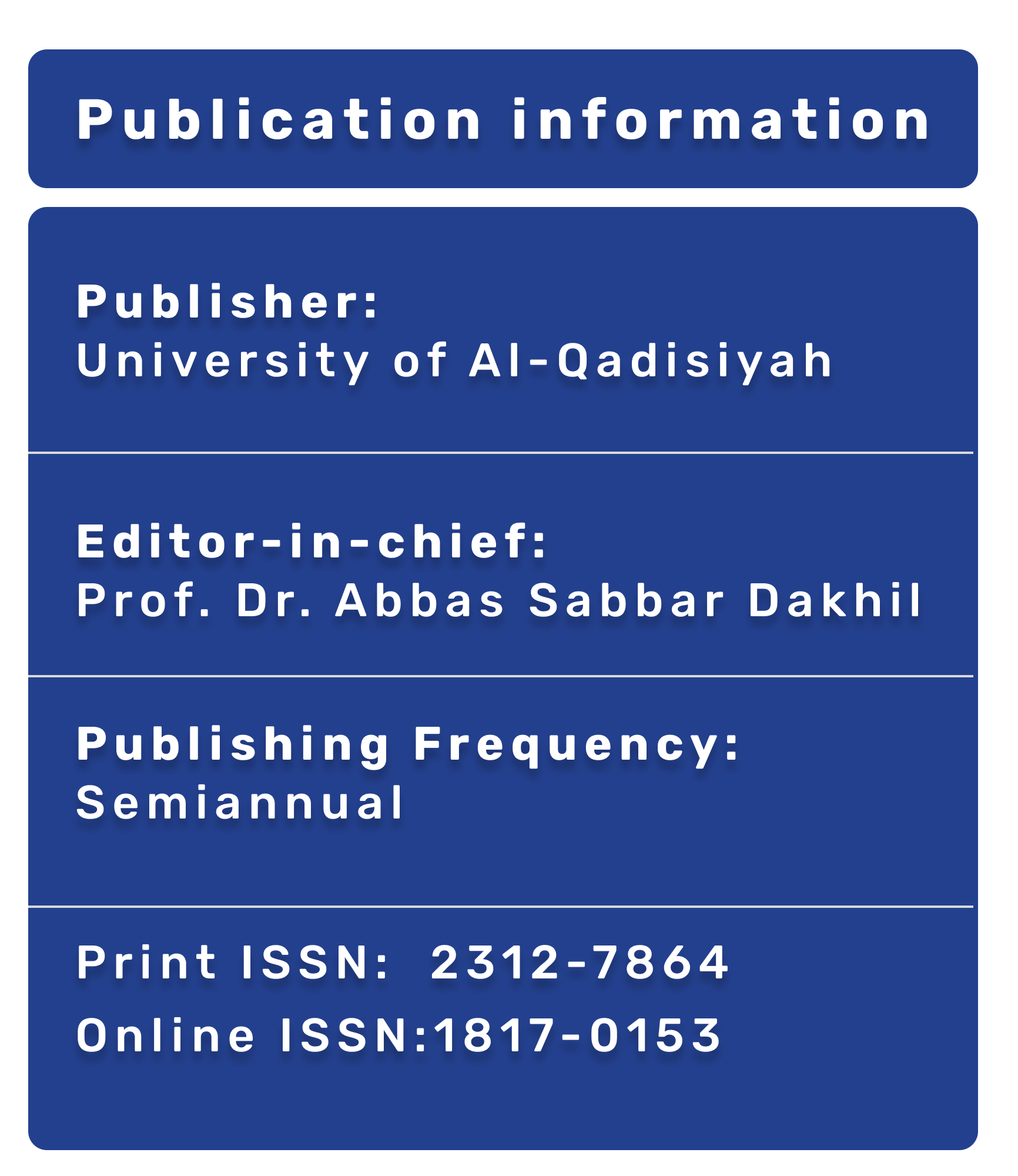Effect of intravenous fluid supplementation on serum bilirubin level during conventional phototherapy of term infants with severe hyperbilirubinemia
DOI:
https://doi.org/10.28922/qmj.2013.9.15.36-45Abstract
Background: Adequate hydration (hence good urine output ) improve the efficacy of phototherapy. The aim of this study was to evaluate the effect of intravenous fluid supplementation on decrease of serum bilirubin levels in jaundiced healthy term infants during conventional phototherapy. Patients and Methods: this study conducted in Karbala teaching hospital for children during the period from January 2, 2010 through December 31, 2010. Sixty four healthy breast fed neonates with non-hemolytic hyperbilirubinemia (total serum bilirubin > 18 mg/dL [308 μmol/L] to < 22 mg/dL [375 μmol/L ] ) were assigned randomly to receive either breast milk or bottle formula exclusively (non-supplemented group; n=32) or intravenous fluid in addition to breast milk or formula (supplemented group; n=32) during conventional phototherapy. Results: The mean total serum bilirubin (TSB) levels at the time of enrollment and within 84 hours after phototherapy were not statistically different between two groups. Similarly, the duration of phototherapy required in both supplemented and non supplemented groups was 48hr.Conclusion: These data show that administration of extra intravenous fluid in jaundiced healthy, term, breastfed neonates have no beneficial effect on the rate of serum bilirubin reduction during conventional phototherapy.








